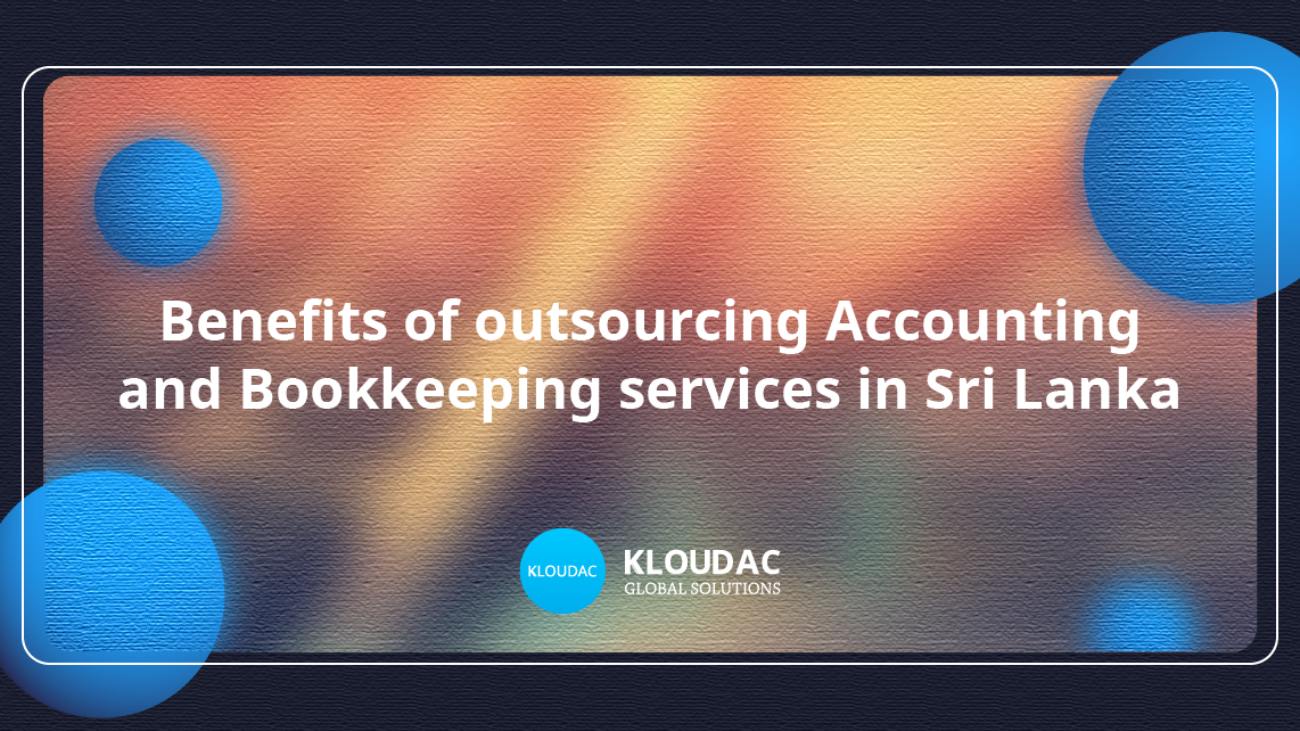What is Digital marketing?
In today’s instantaneous-driven industry and cybernetic landscape, Sri Lankan businesses turn to digital channels to engage both their current and prospective customers, simply because there seems to be no running away from this truth: websites, Google search, and social media take much greater priority than costly traditional mediums. And it’s changing the perspective of how businesses reach their customers new and old to convert and retain as an audience.
Digital marketing like SEO, SEM, social media, content marketing, email marketing constitute a hundreds billion dollar industry, powering commerce locally and across borders.
With the vast array of channels and strategies, most marketers lose their way whilst winners use digital maestros like Kloudac Global to create powerful strategies that cut through the noise, and deliver results. Talk to us, to see how we can help to grow your business!
Our one stop core digital marketing services for Sri Lanka are,
- Facebook Marketing
- Instagram Marketing
- LinkedIn Marketing
- Search Engine Marketing (SEM)
- Search Engine Optimization (SEO)
- Content Marketing
- YouTube Marketing
- SMS Marketing
- Email Marketing
Facebook Marketing
Facebook is a Large Search Engine with over 2 Billion monthly active users, making it an excellent platform to build Brand’s Awareness and Generate Revenue with Optimization Methodologies and Advertising methods.
Instagram Marketing
Even though only 0.1% of Instagram users only use Instagram, the global internet users aged 16 to 24(Gen Z) prefer Instagram to other social platforms — yep, even ranking it above TikTok. If that’s an age cohort you’re looking to reach, Instagram is apparently the place to be.
LinkedIn Marketing
Build your employer’s brand and build a pipeline of interested candidates to generate interest in your company and work.
Search Engine Marketing
With an increasing number of consumers researching and shopping for products online, search engine marketing has become a crucial online marketing strategy for increasing a company’s reach. In fact, the majority of new visitors to a website find it by performing a query on a search engine.
Search Engine Optimization (SEO)
Search engine optimization is a key part of online marketing because search is one of the primary ways that users navigate the web. Search results are presented in an ordered list, and the higher up on that list a site can get, the more traffic the site will tend to receive. Many businesses and website owners will try to manipulate the search results so that their site shows up higher on the search results page (SERP) than their competitors. This is where SEO comes in.
Content Marketing
Content marketing is all about sending the right message to the right audience. It contains creating, publishing and promoting content. This is what differentiates it from any other form of marketing or advertising. Content marketing takes into consideration what people are seeking out and what they want to consume.
YouTube Marketing
YouTube helps improve SEO and overall brand exposure. YouTube allows advertisers to showcase their unique content that viewers can easily consume and share. YouTube marketing can be an intimidating tool for any brand.
SMS Marketing
SMS marketing refers to using SMS to send promotional messages for marketing products or doing business promotions and is considered to be the cost-effective strategy to personally connect with the customers. With everyone from a youngster to a retiree having their mobile device, SMS marketing is a strategy to consider for all the business communication needs.
Email Marketing
With over a usage of 4 billion people, email is the king of marketing channels. With hype over all the other content marketing and advertising platforms, decades old Email Marketing can be considered as one of the most effective Online Marketing Platforms used all over the world.
Cost-Effective Digital Marketing Solutions for SMEs in Sri Lanka
We believe that businesses should adapt to the new norm of Digital in order to create their awareness and bring in growth. Kloudac Global does this by executing Result Oriented Digital Activities to bring Growth and Awareness to your business.
Our promise of our work is a commitment to our clients to always provide the best possible service and find the right ideas to match all budgets and business goals. We help to shape your brand story by developing distinctive brand appearances and Ad Strategies.
We are capable of providing Digital Marketing Services to SMEs for Sri Lanka and globally. We are specialized in SEO, Search Engine Marketing and Social Media Marketing.
Why choose Kloudac Global as your digital marketing service provider?
- We Provide total Digital Marketing Solutions to enhance your organizations performance
- We have dedicated qualified professionals to manage the work required
- We make sure your message reach public through all the mediums
- We give your organization the best coverage through our social media marketing strategies
- We conduct various campaigns targeting a vast range of relevant audiences
- Our marketing strategies lets you sell anything worldwide
- We report to you monthly how your Digital marketing strategies support you to grow and expand your business
If you are looking to get digital marketing services for your business, contact Kloudac Global today,
Call: +94 777 870 464 / +971 5043 53515
Email: info@kloudac.com
Website: www.kloudacglobal.com
KLOUDAC Global
KLOUDAC Global is a dedicated expansion of KLOUDAC, a recognized accounting firm with branches in Dubai, London & Colombo with 15 years of service experience. KLOUDAC Global mainly focuses on back office accounting with a whole package of services such as Financial Consultancy, Business setup, Audit and assurance services, Taxation services, Recognized accounting software, and more.









